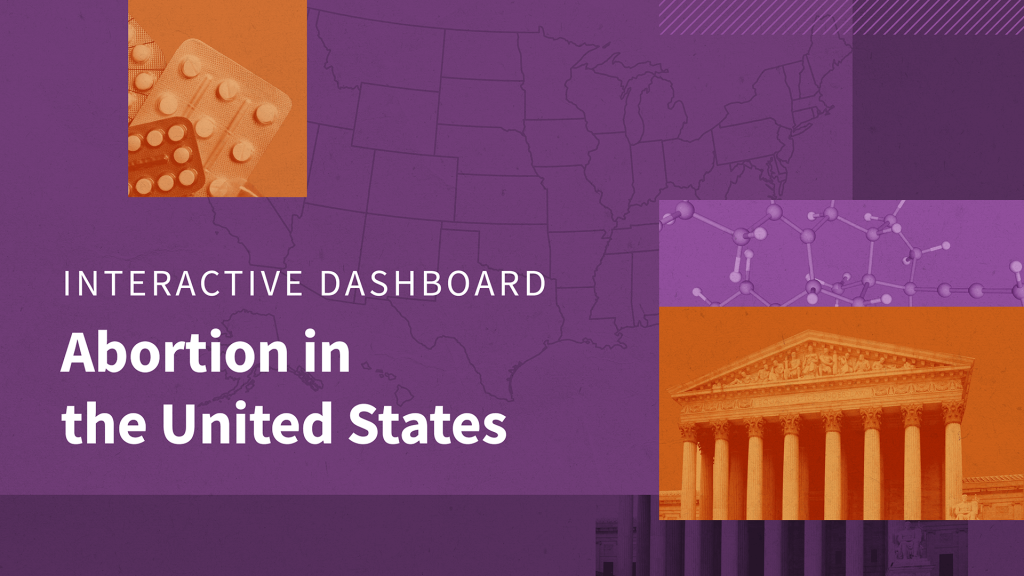Texas Governor Signs Bill to Stop the Mailing of Medication Abortion to Texans
As HB7 is implemented later this year...it is likely that “copycat” legislation will be adopted in other states that wish to restrict access to medication abortion via telehealth within their borders.
